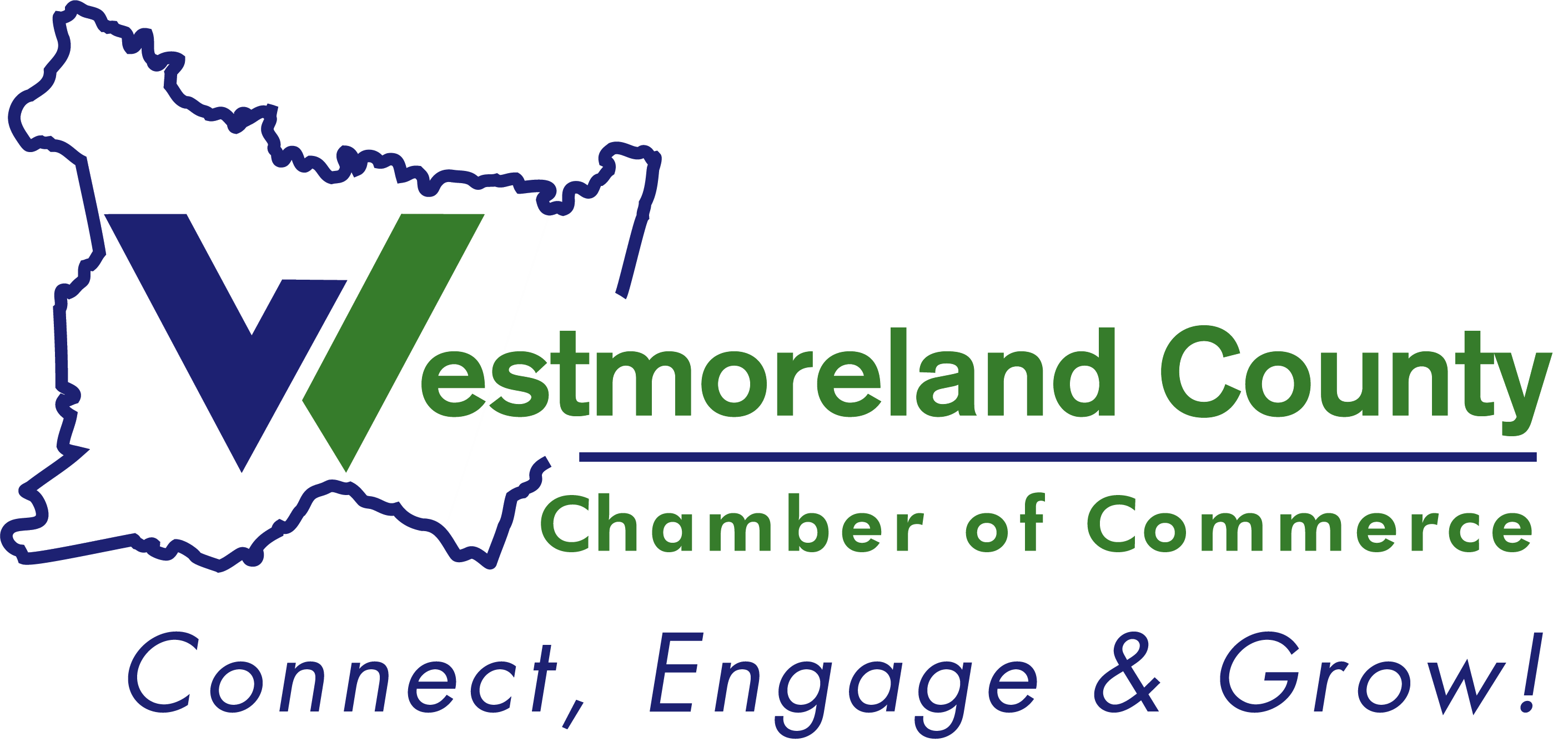
May 6, 2024
lindsay@westmorelandchamber.com
Maximizing Your Influence in the Workplace: Strategies from Communication Expert Matt Abrahams
In the rapid and competitive nature of today's work environment, possessing the skills to influence others, make decisive choices, and steer projects to success has never been more crucial. Matt Abrahams, a communications expert, Stanford professor, and the author of Think Faster, Talk Smarter, provides insightful advice for making an impact in the workplace. Read on to discover three of his most effective strategies to excel professionally.
The Foundation
The foundation for becoming more influential at work begins with communication. It's not just about what you say, but how you say it. Using engaging storytelling can help connect with others on a deeper level, making your ideas stick. Also, pausing when you speak can make your words more impactful, letting your message sink in. Perhaps the most important communication technique at work is being a good listener. And it's not always easy to do. According to Abrahams, "The core of this idea is to shift your focus away from yourself, and onto whoever you’re addressing. Focus on listening over speaking, asking more questions, and using less formal language."
Three Practical Strategies for Becoming Influential at Work
In an interview with CNBC, Abrahams also outlines practical strategies that boost influence at work. The first step is to increase your workplace influence: be known for your reliability and expertise. Abrahams calls this a "leverage point." In a practical sense, this means looking for gaps in productivity or even tasks that others dread that you are willing to take on, such as note-taking in meetings or helping make social media posts. It's important you don't take on more than you can do well because the consistency and quality of your work is one of the ways you'll develop a positive reputation. Also, being the go-to expert in your field, even if it is outside of your current job description, will boost your value and influence in the organization.
The second step is to build a wide network of relationships at work or allies. This includes people outside your immediate team or department. Understanding different viewpoints and having allies in various parts of the company can boost your influence, especially when you need support for projects or during changes. Abrahams points out that it is important that your efforts be authentic, not transactional. The goal is to build real relationships with people who you discover you have things in common with or think in a similar way as you do. It is also a great way to practice Abrahams foundational advice around listening and asking questions.
Lastly, staying positive and resilient in the face of challenges can uplift others and increase your influence. Abrahams emphasizes building up others or 'amplifying' their ideas. No one likes it when their ideas do not receive due credit, and when you name drop that you and another colleague have an idea or solution, you demonstrate trust, collaboration, and the willingness to speak up. You also earn credibility with your co-workers. Being seen as a source of positivity and determination can encourage others to follow your lead and support your projects. Like building alliances, it is essential your efforts be done in good faith, not in an artificial way. Avoid this pitfall, by working on problems that really excite you and collaborating with teammates who inspire your own thinking.
The Takeaway
To boost your workplace influence, focus on clear communication, becoming a trusted expert, forming real connections, and staying positive and resilient. Using Matt Abrahams' tips can help you shine professionally and become a key player in your organization. The secret is real interactions, ongoing self-improvement, and helping others rise with you. Adopt these approaches to effectively handle today's work challenges and inspire others.
